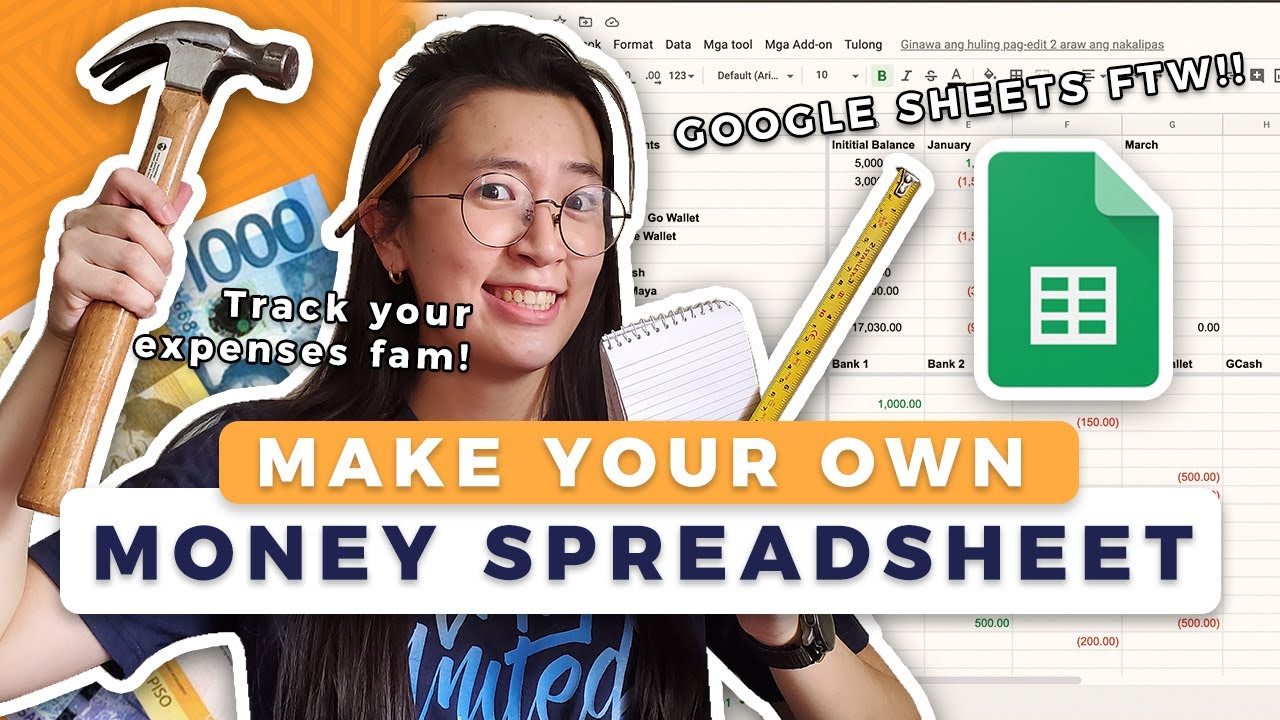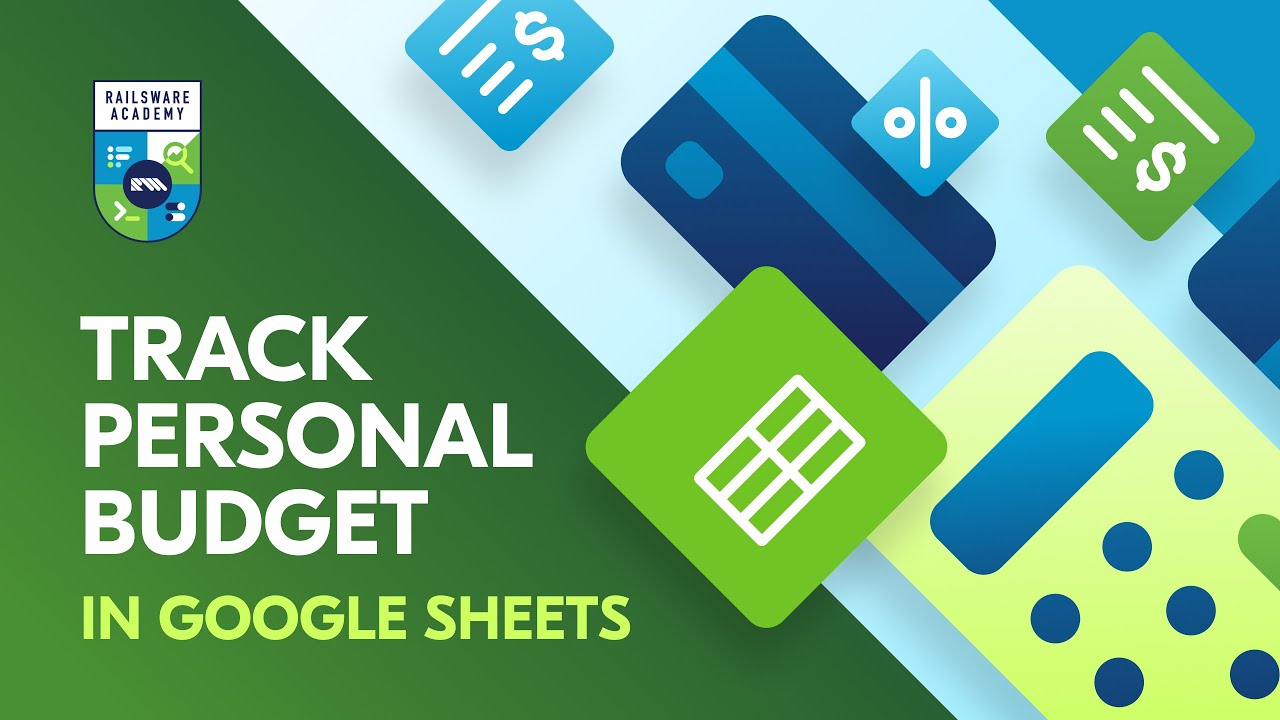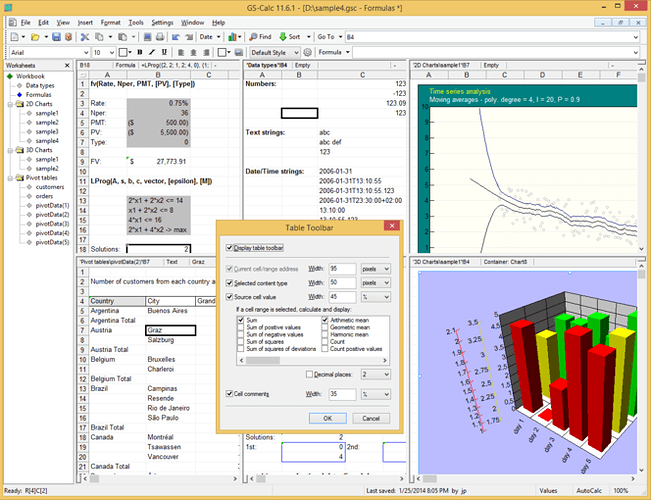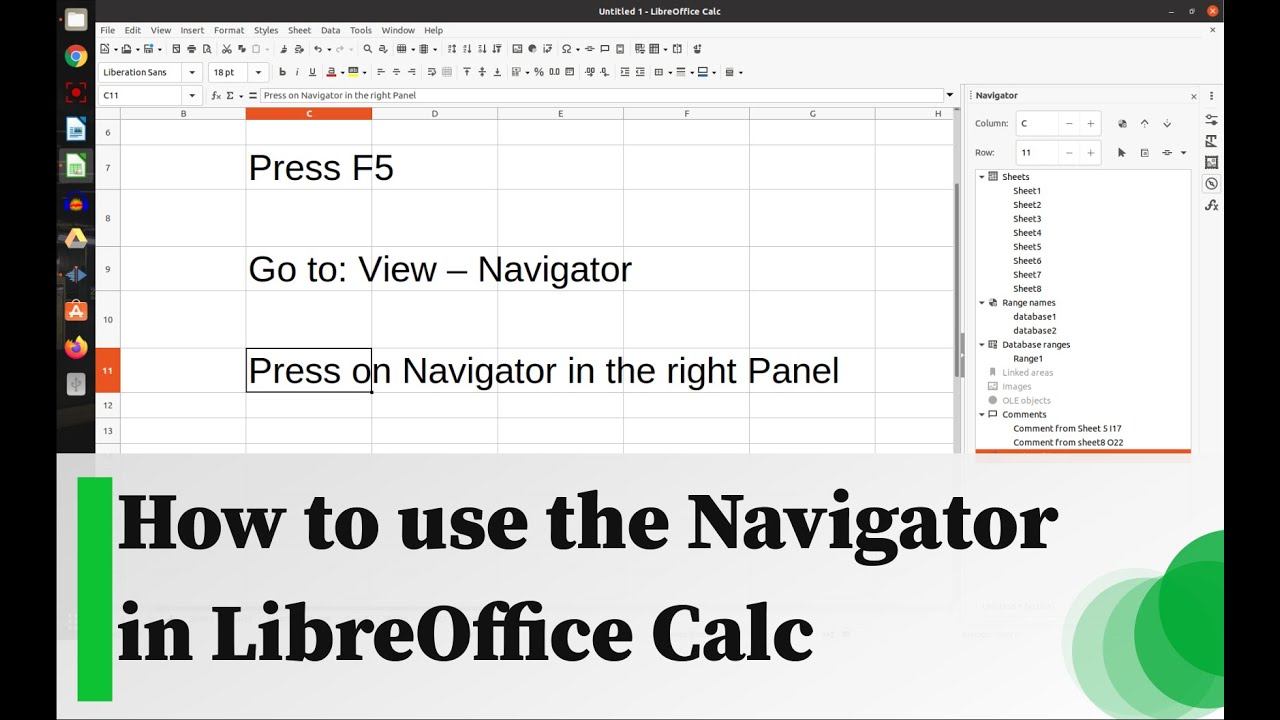Been having this debate with a friend for awhile now and almost everyone we ask has a different preference, what apps should we use for finances of any kind? I personally looked at the group leaders but they are much more than i need right now, just looking for a few basic apps to juggle between.
Google Sheets ![]()
Seriously, there’s all kinds of fancy expensive budget/finance software out there, but at the end of the day, they’re all just fancy expensive wrappers for Excel or Google Sheets. Especially now that Google Sheets has scripting, there’s essentially nothing those softwares can do you can’t recreate yourself with a basic understanding of JavaScript and a long afternoon. I’ve been budgeting in Google Sheets exclusively for years, works great.
I personally think it’s a waste to pay for finance software, unless you’re a business or corporate entity, which is an entirely different conversation
il be sure to look into this, ive only ever used sheets at a basic level
Concur with using a sheet program.
I use Libreoffice sheets since it has a simple tree for navigating.
If i had a more complex work i would be in GS-Calc sheet since it organise sheets in a tree with folders.
I don’t understand how MS, Google and others are still so ancient to navigate.
Sheets for me are not only a for calculation, it is also as a database.
For a small business, you should – first of all – have an accountant, and you should use whatever software she tells you to use. Most often this is QuickBooks® on a PC. I use “AccountEdge®” on a Mac and would easily recommend it.
(You should have an attorney, too. One day you will need one, and that is not the time to start shopping for one.)
Some specific business verticals use practice-management software which incorporates general accounting as part of it – simplifying and making more accurate the particular accounting viewpoint that the vertical requires.
Business is all about “minding your P’s and Q’s,” and accounting is definitely one of those things.
What are you guys tracking?
I only track my time spent on projects on a libre office calc spreadsheet and perhaps other costs such as renderfarm costs or the occasional blendermarket model and then bill my customers accordingly.
Is there anything I am missing that reasonable people track?
This is from a freelancer perspective. I am sure a business needs to track a whole bunch of other stuff.
maybe im too stupid for those sheets but they just confuse me tbh i just keep my receipts and use https://pocketguard.com/ for budget stuff and then https://i24app.com/ for invoicing
Well for invoicing i use a official tax registered web app from my country.
The libreoffice spreadsheet besides being a vault for much information is where i make price calculations for clients, assess spending costs and investments, project tracking.
Here is navigator in LibreOffice. I just wish it was better like GS-Calc with folders.
I still think spreadsheet is not the ideal application i would want. A database sort of would be better, i have been looking at spreadsheet.com which is more than just a spreadsheet and airtable.com but their renting business models put me in back foot.
You might well find that formal job-accounting software is actually an improvement upon these practices … and that they help you recapture money that right now you don’t know you’re missing. You literally “fill out a time sheet” every day. If you have to purchase anything – such as rendering services – you immediately bill it to the project. The self-discipline helps you to recognize … and, legitimately bill for and justify … “the little thangs” that are actually so important.
If you’re not “obsessive compulsive” about accounting – or have failed to engage an accountant who is – then you are failing to identify and then collect money that you are owed.
Furthermore, if anyone … a customer, a customer’s accounting department, or the tax man … has any questions, you can “immediately and without thinking about it (much …)” give them exactly what they need.
I would also commend to you the various books that were written by the late Herman Holtz (nee “Hermann Holz”) about consulting contracts and the consulting business in general. I was fortunate to have encountered him very early on, and by adopting many of his practical suggestions (and, “rigors”) my consultancy was considerably improved.
Your question is pretty broad: I’ll break it up info invoicing, time tracking and bookkeeping.
For invoicing I use Invoice Ninja. It’s open source, and they offer a pretty cheap hosted plan as well - I use that to save me the hassle from hosting it myself. It saves me a TON of time, generates invoices and reminders, and takes online payments.
When I freelanced I also used time tracking software to make it easier to bill my client’s hours at the end of the month. Invoice Ninja has this feature too but I never used it.
Finally for accounting I kept a simple spreadsheet to have a ‘big picture’ impression of how I was doing, but I always paid a bookkeeper to take care of quarterly and yearly reporting, submitting my taxes etc. I found that I wasn’t good enough at accounting and that my hourly rate was bigger than hers, so it was better to focus on my own projects ![]()
In Poland, for years, people have used dedicated software to fill in and print PIT tax forms but now govt provided online tools are becoming common. And the elderly, often not proficient with computers, use the service of professional accountants for a reasonable price. Spreadsheets are not much popular with Polish families and small businesses.
In the United States, long ago I realized that “accountants” and “attorneys” both existed for a reason, and that I could actually afford (!) both of them.
Over the years that then transpired, I came to value both decisions. “I didn’t know, but they did.” Each time, they saved my a*s.
Both professions have special programs which focus on meeting the needs of small and very-small businesses, and to make their services affordable to them. (In the US, the Government also partially supports a program called SCORE which you should definitely check out.)
Of course you are a specialist in finding customers and selling them what they need … but these people are professionals (“SME’s = Subject Matter Experts”) in two very-key aspects of the business process. Which is one thing that you know little or nothing about, whether or not you realize it. And this can bite you very badly.
In the US, you can write off 100% of what you pay them as “professional fees” on your tax returns. It is money well-spent.
I daresay that the laws and rules in most other countries are very similar.



